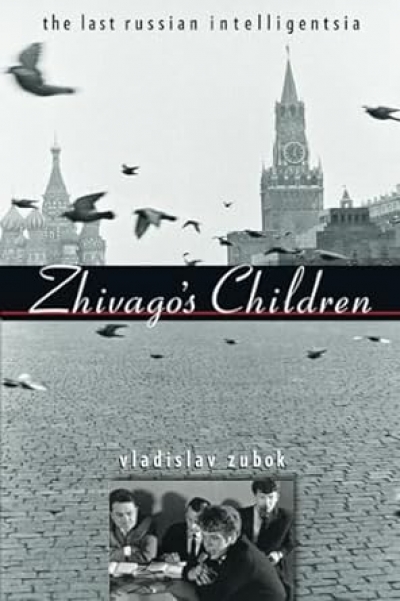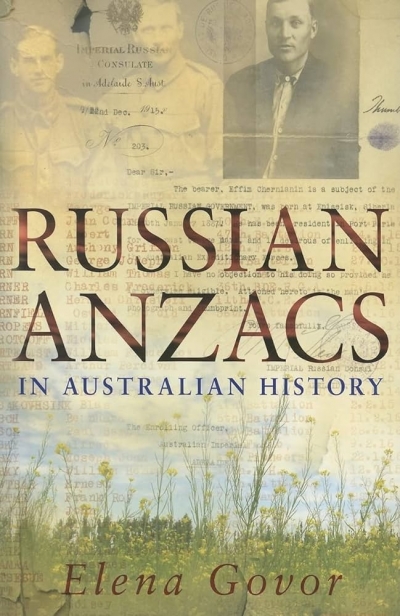Accessibility Tools
- Content scaling 100%
- Font size 100%
- Line height 100%
- Letter spacing 100%
Russia
The ABR Podcast
Released every Thursday, the ABR podcast features our finest reviews, poetry, fiction, interviews, and commentary.
Subscribe via iTunes, Stitcher, Google, or Spotify, or search for ‘The ABR Podcast’ on your favourite podcast app.
‘Where is Nancy?’ Paradoxes in the pursuit of freedom
by Marilyn Lake
This week on The ABR Podcast, Marilyn Lake reviews The Art of Power: My story as America’s first woman Speaker of the House by Nancy Pelosi. The Art of Power, explains Lake, tells how Pelosi, ‘a mother of five and a housewife from California’, became the first woman Speaker of the United States House of Representatives. Marilyn Lake is a Professorial Fellow at the University of Melbourne. Listen to Marilyn Lake’s ‘Where is Nancy?’ Paradoxes in the pursuit of freedom’, published in the November issue of ABR.
Recent episodes:
Zhivago’s Children: The Last Russian intelligentsia by Vladislav Zubok
I have come to the city of Samara a second time, to visit a Russian friend I first met in St Louis. The city lies 1000 kilometres south-east of Moscow, and stands at the confluence of two wide rivers, the Volga and the Samara. Founded in 1586 as a small fortress, it now has more than one million inhabitants. The Samara region, rich in oil and minerals, is reputed to have the highest per capita wealth of any region after Moscow.
... (read more)




